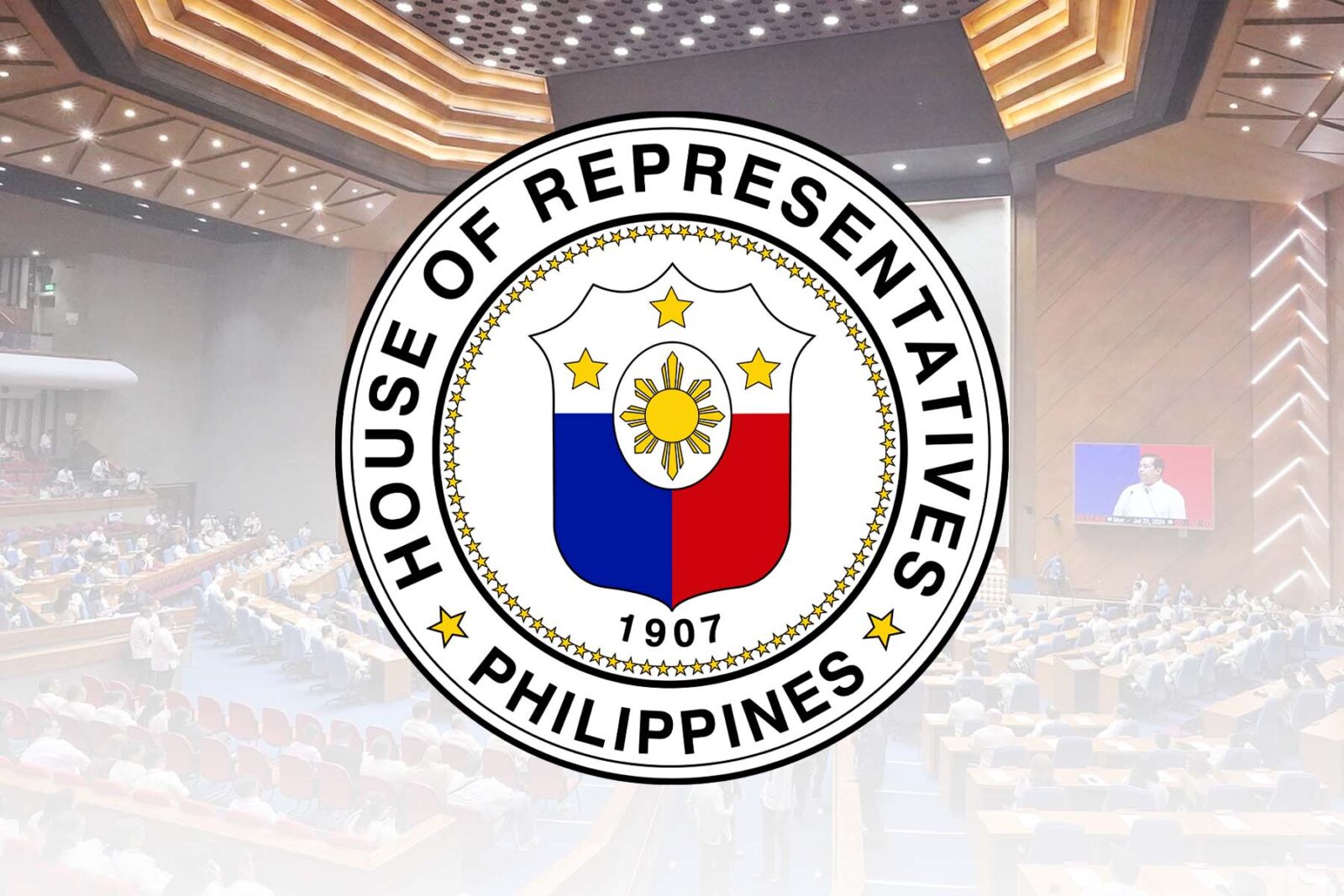House raises own budget by P10B

The House of Representatives quietly increased its own institutional budget by P10 billion in its version of the 2026 General Appropriations Bill (GAB), drawing sharp criticism from civil society groups that warned the move contradicted Congress’ claims of transparency.
A comparison of the National Expenditure Program submitted by the Department of Budget and Management to Congress and a copy of House Bill No. 4058 or the lower chamber’s 2026 GAB showed that it raised its own budget allocation from P17.2 billion to P27.7 billion—a 61 percent jump—in the proposed P6.7-trillion national budget for next year.
In 2025, the House’s budget was P33.6 million, although the General Appropriations Act drew a lot of flak after the education and health budgets were slashed in favor of the Department of Public Works and Highways (DPWH).
“Nobody has been picking up on this,” policy researcher AJ Montesa said during a press conference on Wednesday. He added that the 61-percent hike was very steep compared to other branches of government and it was worth noting since Congress controls the national budget.
While it was unclear where the increase was drawn from, an analysis conducted by the People’s Budget Coalition (PBC) says it could “reflect new insertions for infrastructure, assistance programs, or internal budgets.”
An alliance of at least 40 civil society groups and budget watchdogs, PBC is among those accredited by the House to observe the crafting of the 2026 spending plan.
The funds could have been taken from two agencies that saw major cuts in the House’s version of next year’s budget: the DPWH, which suffered a P255-billion slash, and the Office of the Vice President, whose proposed funding was reduced to the 2025 level of P733 million.
It’s also worth noting that the Senate itself did not increase its own budget unlike the House.
Opaque realignments
These kinds of unexplained increases, added Montesa, formed part of a pattern of opaque realignments that took place during the House budget amendments despite promises to make the process more transparent.
Some of these issues were outlined in an Oct. 21 letter to House appropriations chair and Nueva Ecija Rep. Mikaela Suansing, where nine accredited civil society organizations (CSOs) described their participation in this year’s hearings as “largely symbolic.”
In that letter, groups including PBC, CODE-NGO and Move As One Coalition said they were repeatedly excluded by last-minute schedule changes in the budget process and barred from direct engagement with committee chairs.
They specifically cited their experience with the newly convened budget amendments review subcommittee, which realigned the P255 billion slashed from the DPWH budget.
“CSOs only learned of the proceedings upon seeing the livestream online. Attempts to comfort the sector representatives were done by redirecting us to the livestreams. But we stand firm on our position that the livestreams do not equate to a transparent and participative budget process. We were only made to be audiences to decisions that have already been made,” they wrote in the letter.
They also revealed that they informed the House leadership of the “red flags” in the House budget, including the P250 billion allocated for pork and patronage projects, “but were largely ignored in the House deliberations.”
On top of this, the budget experts were given data only in noneditable PDFs that made review nearly impossible.
The CSOs urged lawmakers to publish line-by-line explanations for institutional budget changes and to make all datasets machine-readable. They noted that civic tech volunteers from PBC and BetterGov.ph have already created a prototype open budget transparency server to demonstrate how real-time public monitoring could work.
“The technology exists. Our volunteers are ready. Congress just needs to upload the machine-readable files or excel files to do this and create an advance release calendar to set expectations for when this data is released, to give people enough time to study and scrutinize the budget,” they said.

















